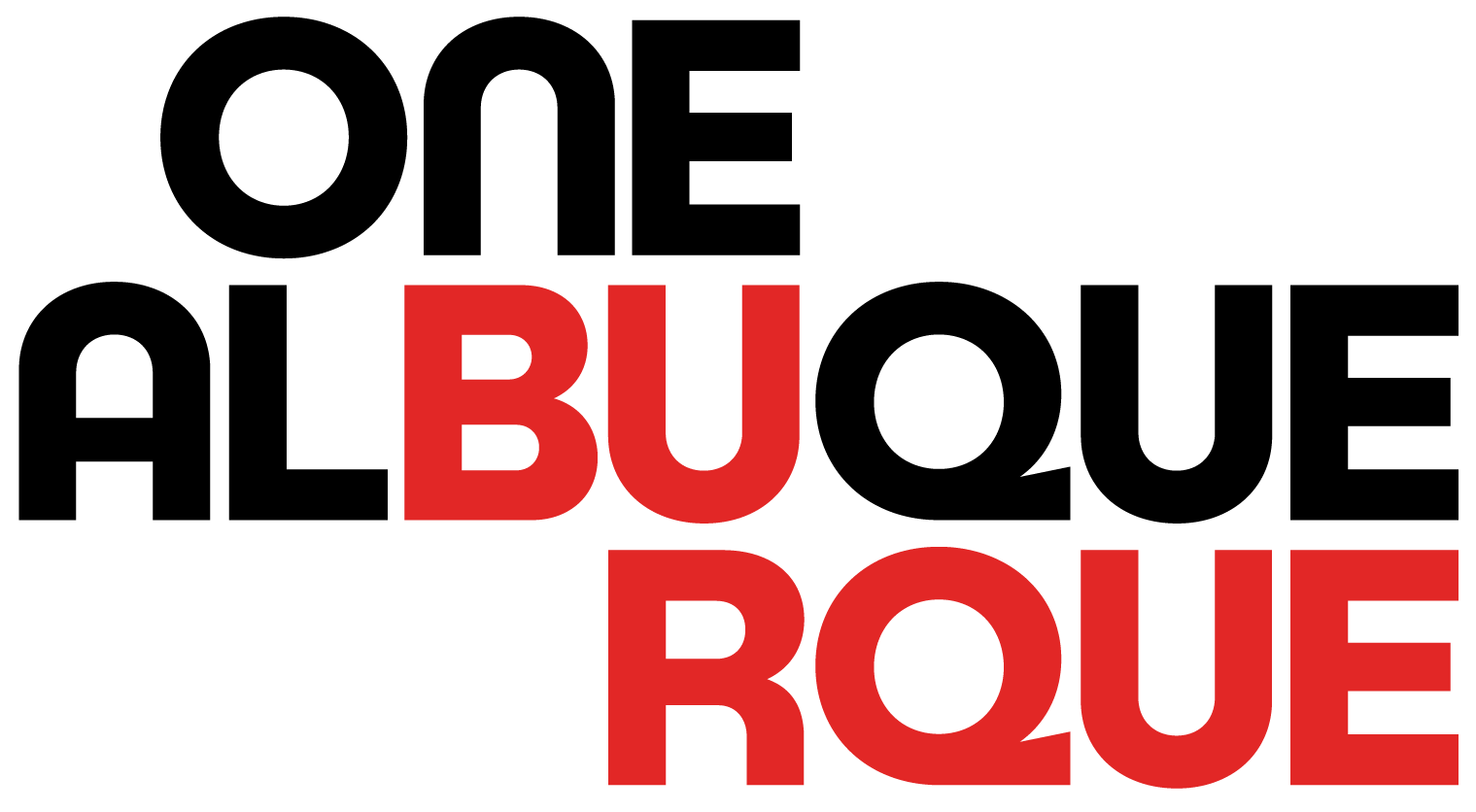Antivirus software is one of the most important tools for safe-guarding your computer, vital information, and personal data from the daily onslaught of viruses and worms. Without anti-virus your computer may be left completely defenseless against malicious attacks. Antivirus software is available from CABQ Service Desk and should be activated prior to the computer being put on-line.
Quick Tip: Many worms and viruses spread to a PC when web page scripts are run in your browser. These scripts typically provide interactivity on the page. You can turn off browser scripting in Internet Explorer by selecting Tools, Internet Options, Security and clicking Custom Level. Disable Download unsigned ActiveX controls, Initialize and script ActiveX controls not marked as safe, Active scripting, and Scripting of Java applets.
Update your Antivirus Regularly
Your virus protection is only as effective as its last update. New viruses appear all the time. If your antivirus software isn't current, the latest viruses or worms can sneak in. Updating anti-virus scanner definitions is a crucial part of keeping your computer safe from viruses and worms. This process will keep your scanner up-to-date, so it will be able to detect the most recent virus or worm. Antivirus automatically checks for antivirus engine updates as virus definitions are updated.
There are currently more than 50,000 viruses in existence and 200 viruses are discovered each month, it's recommended you update your software at least once a month.
Antivirus software is especially useful for scanning attachments and links within e-mail messages. E-mail offers many opportunities for security problems and should not be considered secure. Remember not to open email attachments from unsolicited sources. Malicious web sites can install software on your computer or collect personal information from your computer. Be cautious of e-mail attachments and website downloads that you do not know anything about. It is actually very easy for a computer virus to be present in e-mail from anyone, including your parents, best friends, or colleagues. It is strongly suggested that antivirus software be used to scan anything that you receive in your e-mail.
One of the main problems with viruses or worms is they can go undetected, especially if you are not running an antivirus program which would catch the intruders immediately. Below are some key signs that your computing system may be infected by a virus or worm, and what to do to solve the problem:
Signs that your system might be infected or compromised
- You have been contacted by the IT Security Team or service desk (you can confirm the information by contacting the DTI Service Desk at 768-2930)
- Your system shuts down spontaneously and frequently, even if you don't use it
- Your Internet connection slows to a crawl even while you are not doing anything significant
- Your virus scanner crashes and cannot be started again
- You are no longer able to visit antivirus sites
- Your hard disk fills up and you can't find the files that use up all the disk space
- Your computer seems to be displaying an inability to start (boot up) or taking longer than normal to start up
- Your computer is exhibiting unpredictable program behavior
- Strange graphics appear on your screen
What to do when your system has been compromised
- Remember that it is important to take action as soon as possible to prevent further damage or spread of a compromised system.
- Contact the DTI Service Desk by calling 768-2930. The Service Desk will take your information and open a ticket. The DTI Service Desk will provide information on how to remediate your system. In many cases the only way to be certain that your system can not be used by an attack is to reinstall the system.
- Disconnect the network cable (typically blue in color) from the computer. Do not power off the device. Many times powering off the device will remove any traces of the potential compromise. This information may be critical in a investigation.
- If your system has been compromised, it is possible that your passwords have also been compromised. Change passwords on any computer you use.
- Working with the Service Desk, complete the remediation of the system. It is possible that the Service Desk will require you to bring in your system.
- Please leave the computer turned on. Service desk will advice you if they need you to disconnected power from the device.
- DTI Service Desk will scan the system to verify that there are no serious network vulnerabilities remaining. Security patches and Anti-virus will be updated. Based on the scan results Service Desk will restore network access.
- When DTI is confident that the system is no longer a threat, they will provide instruction on reconnection.

